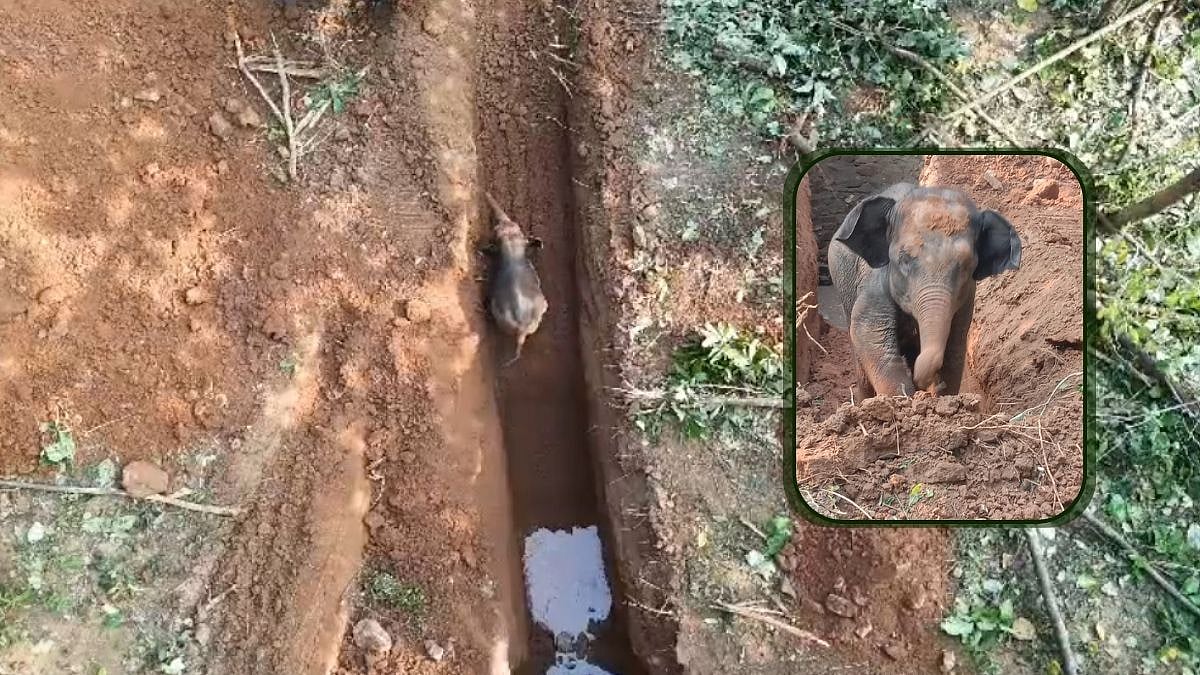Cases of mucormycosis, a fungal infection, are rising among COVID-19 survivors, causing blindness or serious illness and even death in some cases, health officials in Maharashtra and Gujarat told news agency PTI on Saturday.
In Maharashtra, at least eight COVID-19 survivors have died due to mucormycosis while 200 others are being treated, said Dr Tatyarao Lahane, who heads the Directorate of Medical Education and Research of the state government.
"They survived COVID-19 but the fungal infection attacked their weakened immune system," Dr. Lahane told PTI. This disease is not new, but it is on rise among COVID-19 patients because the use of steroids elevates sugar level and some medicines suppress the immunity of these patients, he said. "In such a situation, the fungus infects the patient easily. If it reaches the brain, it can prove fatal. In one such case, one of the eyes of a patient had to be removed permanently to save his life," Dr Lahane added. The fungus, also called 'black fungus', is present in the environment, but those with suppressed immunity or co-morbidities are more vulnerable to its infection, he further said.
What is mucormycosis?
Mucormycosis is a rare fungal infection that is one of the post-coronavirus complications which has been observed in patients. It is a fungal infection that mainly affects people who are on medication for other health problems that reduce their ability to fight environmental pathogens.
How to prevent?
1. Use masks if you are visiting dusty construction sites.
2. Wear shoes, long trousers, long sleeve shirts and gloves while handling soil (gardening), moss or manure.
3. Maintain personal hygiene including thorough scrub bath.
When to suspect?
1. Sinusitis – nasal blockade or congestion, nasal discharge (blackish/bloody), local pain on the cheekbone.
2. One sided facial pain, numbness or swelling.
3. Blackish discoloration over bridge of nose/palate.
4. Toothache, loosening of teeth, jaw involvement.
5. Blurred or double vision with pain; fever, skin lesion; thrombosis & necrosis (eschar).
6. Chest pain, pleural effusion, haemoptysis, worsening of respiratory symptoms.
Dos:
1. Control hyperglycemia.
2. Monitor blood glucose level post COVID-19 discharge and also in diabetics.
3. Use steroid judiciously – correct timing, correct dose and duration.
4. Use clean, sterile water for humidifiers during oxygen therapy.
5. Use antibiotics/antifungals judiciously.
Don’ts:
1. Do not miss warning signs and symptoms.
2. Do not consider all the cases with blocked nose as cases of bacterial sinusitis, particularly in the context of immunosuppression and/or COVID-19 patients on immunomodulators.
3. Do not hesitate to seek aggressive investigations, as appropriate (KOH staining & microscopy, culture, MALDITOF), for detecting fungal etiology.
4. Do not lose crucial time to initiate treatment for mucormycosis.
How to manage?
1. Control diabetes and diabetic ketoacidosis.
2. Reduce steroids (if patient is still on) with aim to discontinue rapidly.
3. Discontinue immunomodulating drugs.
4. No antifungal prophylaxis needed.
5. Extensive Surgical Debridement - to remove all necrotic materials.
6. Medical treatment
- Install peripherally inserted central catheter (PICC line).
- Maintain adequate systemic hydration.
- Infuse Normal saline IV before Amphotericin B infusion Antifungal Therapy, for at least 4-6 weeks.
- Monitor patients clinically and with radio-imaging for response and to detect disease progression.









